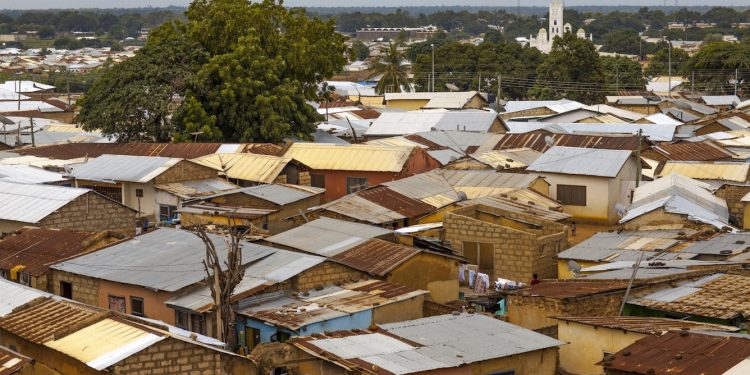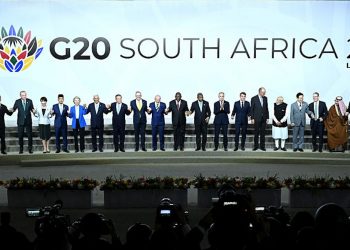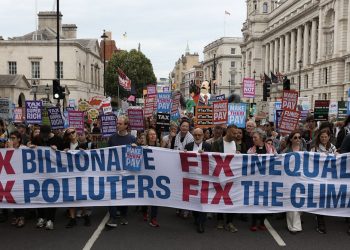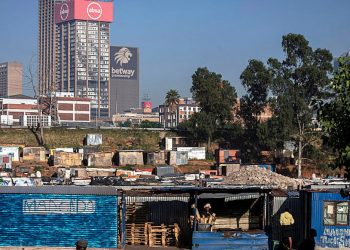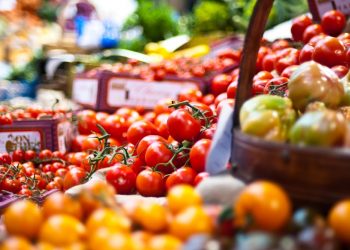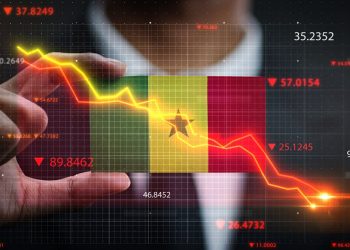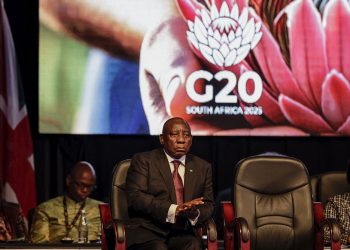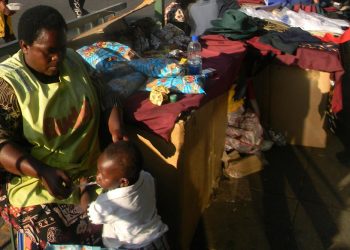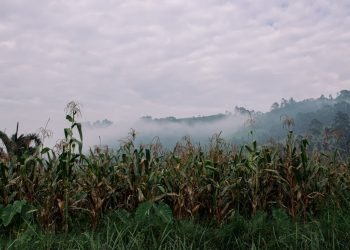Informal settlements in Africa are diverse. Across regions and even in the same city, socioeconomic and physical conditions vary. One thing is common though: upgrading them is a challenge.
Among the challenges are issues of including people, having enough funding and sustaining improvements. That’s why attention is shifting to community driven development. This concept refers to local interventions that are started or led by community groups with support from the local government, private or civil society organisations.
Community driven development has gained support from international agencies such as the World Bank. The World Bank Group is estimated to have invested about US$30 billion in projects like this across 94 countries.
These initiatives are considered more affordable, efficient and durable. Communities often contribute local resources and labour, and residents can learn skills from service providers which enable them to manage projects in the long term. When residents work together it can also strengthen bonds and build social capital. Social capital generally refers to the ties, bonds, relationships and trust found in a community. It is an important resource in informal settlements.
We are a group of urban and development planners who examined the role of social capital in community driven development in urban Ghana.
We conducted our study in the Abese Quarter (La township) and Old Tulaku communities, in the Greater Accra metropolitan area. These are both informal settlements but have different social characters.
Our findings highlight the need for local governments to tailor development to the social context of informal settlements. Development planning institutions should use the networks already present in communities, as well as providing external help and resources.
The research
Our analysis was based on questionnaire responses from 300 residents of informal settlements in Greater Accra. Abese Quarter is what we call an indigenous settlement. It it composed of residents from the local Ga ethnic group with similar cultural practices. Old Tulaku is a migrant settlement. It includes a mix of residents originally from other regions in Ghana who moved to Accra in search of economic opportunities.
We observed community water and sanitation projects planned and carried out by local residents.
In doing so, we considered the role of two types of social capital: bonding and bridging.
Bonding social capital deals with the personal relationships between individuals based on shared identity. It’s about family, close companionship, culture and ethnicity. Bridging social capital refers to the connection between people and external groups.
In the indigenous settlement, bonding social capital had a positive influence on community driven development. Bridging social capital showed a negative relationship with it. For example, the public toilet in the community was in a deplorable state. This seemed to be explained by an inability to build wider connections outside the community to get the support needed. We reason that socially homogeneous communities tend to generate inward-looking networks that limit access to resources from beyond the group. Overemphasis on social ties can impede long-term community development.
In the migrant informal settlement, our research revealed the opposite. Without shared identities (like ethnicity, language and social norms), migrant residents drew on shared challenges and goals. They organised and built connections to get support from businesses and donors for community projects.
Our research reinforces the argument that the relationship between social capital and community-driven development of informal settlements is not straightforward. The social character of the settlement, be it indigenous or migrant, produces different outcomes.
Bonding and bridging social capital
Informal settlements are often neglected by local government and planning authorities. In such poor conditions, social connections influence the local capacity to carry out improvement projects.
Typically, high levels of bonding social capital are seen to promote collective action in communities that share similar social and cultural norms and practices. However, the long term benefits of such projects may require building partnerships with external support organisations and service providers.
Bridging social capital goes beyond shared identities. It fosters connection between people and external organisations.
Generally, community-driven development success is greatest when both forms of social capital are high and used together. For instance, in the Ubungo Darajani informal settlement in Kinondoni Municipality in Dar es Salaam, Tanzania, landholders relied on both to secure land for community development.
What next?
Local government and community-based organisations should harness the different forms of social capital for development.
Policymakers can learn from the creative and innovative ways that informal communities solve problems. This could help improve informal settlements equitably and sustainably.
Beatrice Eyram Afi Ziorklui, a registered valuer and auditor at the Performance and Special Audit Department of the Ghana Audit Service, was part of the research team and contributed to this article.
Louis Kusi Frimpong receives funding from Social Science Research Council (SSRC) through the African Peacebuilding Network (APN) Individual Research Fellowship Program.
Matthew Abunyewah receives funding from the Foundation for Rural and Regional Renewal (FRRR) and Northern Western Australia and Northern Territory Drought Resilience Adoption and Innovation Hub (Northern Hubb)
Stephen Leonard Mensah receives funding from the Works, Inc. Memphis, Tennessee, USA for his PhD studies.
Seth Asare Okyere does not work for, consult, own shares in or receive funding from any company or organisation that would benefit from this article, and has disclosed no relevant affiliations beyond their academic appointment.

